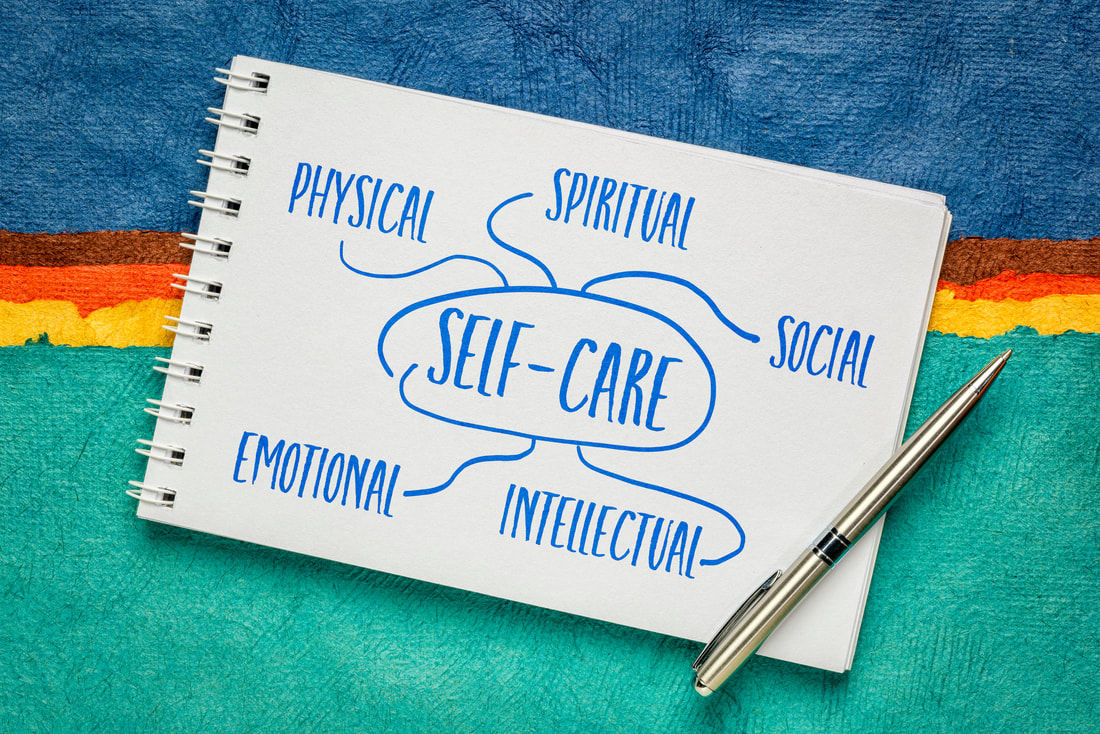 When I was 21 years old my mom passed from cancer. Over the years I lost other family and friends to cancer. In todays world there is not one person that has not lost someone to cancer. We can all agree that cancer sucks. In June of 2023 I lost two family members to cancer which reinforced my belief that cancer sucks. Then in July of 2023 I found out that my sister has breast cancer (the pink in the ribbon). A week later I found out that I have fallopian tube cancer (the turquoise in the ribbon). Now I know that cancer sucks, and does not play fair. I have multiple friends that are fighting cancer, different types at different stages. We are all supporting each other in our treatments, and our fight. My cancer story so far...How People have asked me what symptoms did I have. I wish I could say that I recognized all the symptoms for what they were, but I did not. In fact I thought that the symptoms where just my body getting older. I was blessed with a Dr. that knew the symptoms, and she knew what to do. I can see multiple blessings along the way. I thought I was leaking urine because my bladder was beat up by my multiple pregnancies, I mean we all hear the stories of women getting older and having a leaky bladder. I did not say anything to the Dr. It was not until I had a period. You see I was postmenopausal, and when you are postmenopausal you do not have any bleeding. I asked my Dr. for another hormonal test because I think it was wrong. Her eyes got huge when I told her that I was bleeding. She ordered an ultrasound, and in just over a week I had the results back. There was a mass in my uterus and cervix, and there were a couple of nodules on my ovary (I had my other ovary taken out years ago because it was a cyst). It was a Friday, and my Dr. sent a referral over to a GYN (female Dr.). I had a phone call by noon, and had my appointment on the following Monday for a GYN Oncologist. I felt numb. How could it be cancer. It seemed that since my mom passed from cancer I just knew that I would get cancer. I did all the "tests" and it did not show up. At my appointment on Monday the Dr. took a biopsy. That biopsy came back as a "carcinomasarcoma" a really bad cancer. It is hard to fight, and spreads quickly. I had no idea what to feel or how to act. "I had cancer".... "I HAVE cancer" What does that mean? What is going to happen? Hasn't our family been through enough with my husbands rare mitochondrial disease, and me with my heart failure in 2019/2020? How could this be happening? These and many more questions went through my brain. My rattail hysterectomy was scheduled for August 11. The Dr. took everything, cervix, uterus, ovary and fallopian tubes. Everything was sent off to pathology. After the surgery the Dr. came in and told me that I also had overran cancer. How in the world could I be fighting two cancers? But we where in for a surprise. WHAT!!!When the pathology report came back, and had a surprise in it. It turns out that there is only carcinoma. It seems that all of the sarcoma was cut out for the first biopsy. What a blessing, all I have left is the easy stuff to fight. Then the Dr. told me that I have fallopian tube cancer that spread to the ovary, uterus, and cervix, but did not leave the abdomen. What a huge blessing, they caught it at stage 2A. They also think they got it all out in the surgery, but we could do Chemotherapy just to make sure. I have done one session, and have five more to go. They are 21 days apart.
Oh, remember when I said I had a leaky bladder, well after the surgery I have not had any "leakage". Turns out that this also was a symptom. So, it you have something in your body that does not seem right, that is out or "your normal" go get it tested. Had I not said something about the bleeding how long would it have taken for them to find the cancer? Oh, and my sister has had her surgery, and it undergoing radiation therapy.
0 Comments
 The COVID-19 pandemic has left an indelible mark on our world, touching the lives of countless individuals and communities. The loss of loved ones, the disruption of normalcy, and the collective trauma experienced during this time have given rise to a profound sense of grief. As we move forward in a changed world, it is essential to acknowledge and address the unique challenges and complexities that accompany grief in a post-COVID era. In this blog post, we will explore the nature of grief, its manifestations, and provide guidance on navigating the healing process in the aftermath of the pandemic.
Conclusion: Grief in the wake of the COVID-19 pandemic is an immensely challenging experience that requires compassion, understanding, and resilience. By acknowledging our grief, seeking support, practicing self-care, and finding meaningful ways to honor our loved ones, we can navigate the healing process and emerge stronger. As we move forward in a changed world, let us hold onto hope and support one another as we heal from the collective grief of this unprecedented time.  How to Provide Comfort to Those Going Through Tough Times When life hands you a tough situation, you may need to lean on other people for comfort. But what if you're the person that needs to provide the shoulder? It can be a difficult job since you need to be the one that stays strong for the other person. How you provide comfort will vary depending on who you're comforting and what they've gone through. However, there are universal tips to keep in mind when you're consoling someone. Here are some strategies that can help you provide much-needed comfort to others:
Understanding Grief If the person you're helping is dealing with loss, you'll also be helping them with their grief. Grief is a natural emotion to go through when you find yourself facing a traumatic loss. If you gain a better understanding of grief, you may be able to assist with comfort in a helpful manner. Grief looks different to everyone, and can be molded by their culture. One that that holds true across all cultures of grief is compassion and comfort are appreciated. You do not have to say something to fix it. When talking to a group of widows the common comment was that they wished people would just be there, holding the space, and not trying to fix anything. Grief has no timeline, and just when you think you are done, it comes back again. So being there for someone not just the week or two after the loss, but being there off and on for the long term is helpful. I remember the first valentines day after my husband passed. Bill passed in August and I had made it through Thanksgiving and Christmas so I thought I was doing good. Then came valentines day and I had a total meltdown in the store looking at the holiday display. We find that songs, places, and events can be big landmines for those of us that have experienced grief. Depression and Anxiety Depression and anxiety can be difficult to help with since the person tends to lose interest, or be anxious about in the world around them. You and your shoulder to cry on can make a difference. Be there for them and let them know that you care. You can offer to hold their hand as they step out of the darkness. Be careful not to push, as this can lead to them refusing to move. Instead let them know that you are there, and that you are ready when they are to take a stop. Listen to them and don't try to fix things. If they say that they want to hurt themselves or others then you can encourage them to reach out to professionals, and if they do not then you should reach out to professionals. When someone you know is going through a rough time, use these tips to guide you in consoling your loved one. The comfort you bring them may be the one thing that helps them make it through to better days. |
AuthorBev has been writing her thoughts and ideas down for years. It is time to start writing them in the Blog. Archives
September 2023
Categories |



 RSS Feed
RSS Feed
